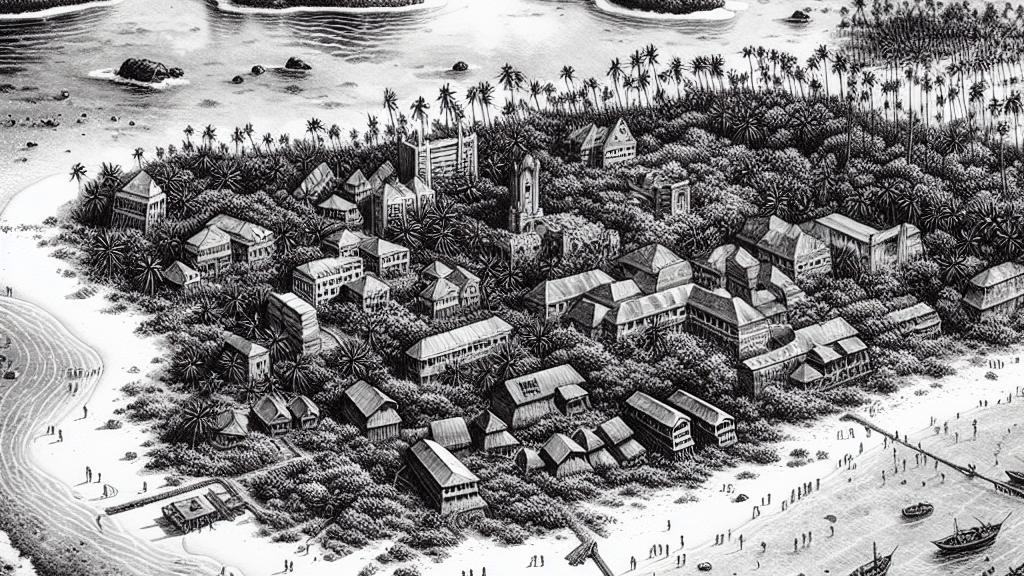Mauritius Requests Review of Chagos Islands Agreement with UK
Overview
- Navin Ramgoolam, the newly elected Prime Minister of Mauritius, is calling for a thorough review of the controversial agreement concerning the Chagos Islands.
- This significant deal permits Mauritius to regain sovereignty over the islands while allowing the UK to maintain military operations at the critical Diego Garcia base.
- Opposition voices, including those of displaced Chagossians, argue that the deal undermines national interests and excludes crucial local perspectives from the negotiations.

Historical Context of the Chagos Islands
The Chagos Islands, a strikingly beautiful archipelago in the Indian Ocean, carry a heavy historical burden that dates back to the colonial era. In the 1970s, the British government forcibly removed nearly 2,000 islanders to make way for the establishment of a critical military base on Diego Garcia, leased to the United States. This act not only stripped the Chagossians of their homes but also caused enduring pain and displacement for generations. Fast forward to 2024, and the recent agreement between Mauritius and the UK, which ostensibly aims to restore sovereignty, raises eyebrows. Although Mauritius is set to reclaim control, the UK retains operational rights over Diego Garcia for an extended period. This arrangement has sparked a heated debate, with many viewing it as a significant betrayal of the rights and dignity of the people who once called these islands home.
A New Prime Minister's Bold Stance
With the election of Navin Ramgoolam, there emerges a beacon of hope for those advocating for the rights of the Chagossians. Ramgoolam, who returned to power amid widespread public support, wasted no time in voicing his strong reservations regarding the deal. He emphatically described the agreement as a 'political sell-out,' suggesting that it prioritizes military strategy over the lives and rights of his constituents. In a passionate address to the parliament, Ramgoolam proclaimed, 'We cannot ignore the voices of our people, especially those who have suffered immense injustices!' This sentiment resonated with his Change coalition, who argue for a transparent and inclusive dialogue. Together, they demand that the perspectives of Chagossians, long marginalized in such discussions, take center stage in any new negotiations moving forward.
Broader Implications and International Attention
The stakes of the Chagos Islands agreement ripple outwards, capturing the attention of international observers and stakeholders alike. While UK officials maintain that the agreement bolsters regional security and military cooperation, critics within Mauritius argue that this threatens their sovereignty and cultural integrity. High-profile figures like U.S. Senator Marco Rubio have also chimed in, cautioning that the deal could become a geopolitical liability, particularly as tensions rise in the Indian Ocean. Meanwhile, advocacy groups representing the interests of the Chagossians express alarm over their exclusion from discussions that directly impact their future. As the UK Parliament prepares for a review of the treaty, it is clear that balancing military interests with the rights of the original inhabitants will be a daunting task—one that demands thoughtful consideration and respect for historical grievances.

Loading...